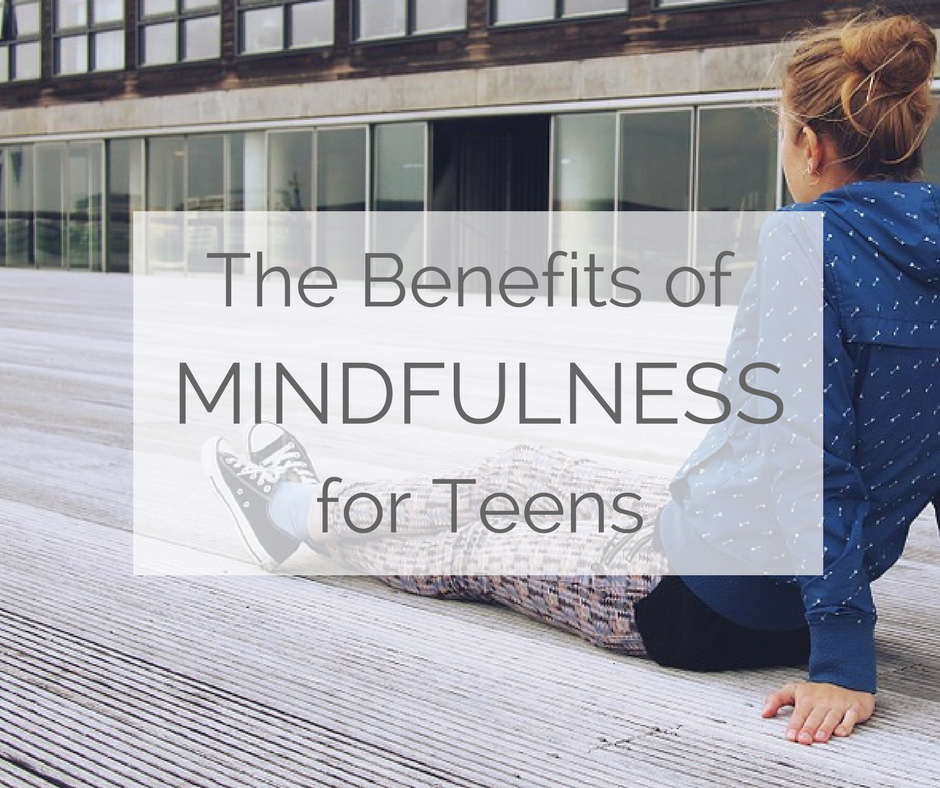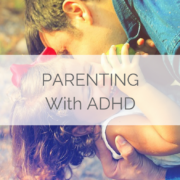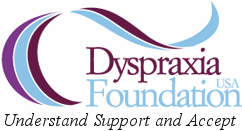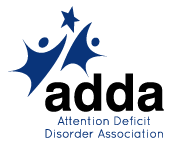Benefits of Mindfulness for Teens
As we enter this end of the year, with holidays, family, midterms, finals and a million tasks to finish before the end of the year, we should take time for ourselves for some self-care. If we have teens (especially teens with high stress from diagnoses) we should be teaching them about self-care as well. I coach teens and young adults more about self-care than anything else. Mindfulness is a great form of meditation that can help teens.
It may take a little convincing to get them to value of slowing down, disconnecting, and breathing. Here are some ways you may get them to buy-in to mindfulness.

Model Mindfulness – if you’re not modeling it, you aren’t going to convince anyone less of all teens who may already be skeptical. You need to be able to show that you can manage your stress and your responses.
How does it help me? – Teens like hacks. What is the shortest way to get done everything they have to do? To help convince them that slowing down and disconnecting, here are some facts to share from research:
- Shown to contribute directly to the development of cognitive and performance skills in the young.
- Many students in studies for that when they learned to be present, they could pay attention better and had improved performance not just in the classroom but in sports and the arts as well
- Practicing mindfulness allowed students to become more focused, more able to approach situations with a new perspective, and recall and use existing knowledge more effectively
- Mindfulness decreases negative affects and increased calmness, relaxation, and self-acceptance, emotional regulation, awareness, and clarity.
- Students who practice mindfulness perform better on exams including standardized tests.
- Students who practice mindfulness have a decrease in aggression and oppositional behavior.
How does my machine work? – Our brains are amazing machines. Teens are usually interested in learning how their brain works. Teaching how the brain works along with mindfulness allows them to know what is happening in their brains. There are three structures of the brain: the brainstem, the limbic system/amygdala, and the cortex (this is the part that does most of what makes us human like thinking and self-regulation). We learn how close the amygdala is to the pre-frontal cortex (responsible to executive functions), and how mindfulness can help those skills. The results are better decision-making, use of a purposeful pause and responding instead of reacting. What teens learn is that mindfulness is training for their brain.
How does my mind work? The brain and the mind are not the same things. The brain in the physical organ. The mind is our thoughts, feelings, attitudes, beliefs, and imagination. We all feel pressure but 25% of all teens have anxiety. That is a pretty high number and doesn’t include teens with other diagnoses like depression. Teens have “gremlins” saying you are going to fail or no one likes you or people will laugh at me when I speak in public.
When teens practice mindfulness, they learn that many of the “gremlins” are in their mind are just chatter. It’s not reality; it’s worry, it’s anxiety, it’s baseless projection. Mindfulness teaches teen to notice when these “gremlins” creep in before they can create a downward spiral of thoughts. It teaches teens to acknowledge the anxiety without getting caught up in it.
So many apps! I know we are talking about disconnecting and apps! It is ironic.
- Insight Timer -meditation app – This app is free. Some cool features of this app include a map of the people who are using it across the world, you can boast on Twitter and Facebook about your accomplishments if you choose (I don’t), and a range of pleasure background sounds.
- Stop, Breathe and Think – This app is free. Some cool features about this app include are that it starts with a few questions to check in on how you are feeling, there is a section to learn about medication and it is great if you need a guided experience.
- Smiling Mind – This app is free. Some cool features about this app include it has a reminder feature so you don’t forget to practice, has programs that are designed for specific age groups, the gentleman speaking has a nice accent.
Here is a bonus resource: http://mindfulnessforteens.com/

Big Bang Coaching, LLC provides coaching for the neurodiverse.





